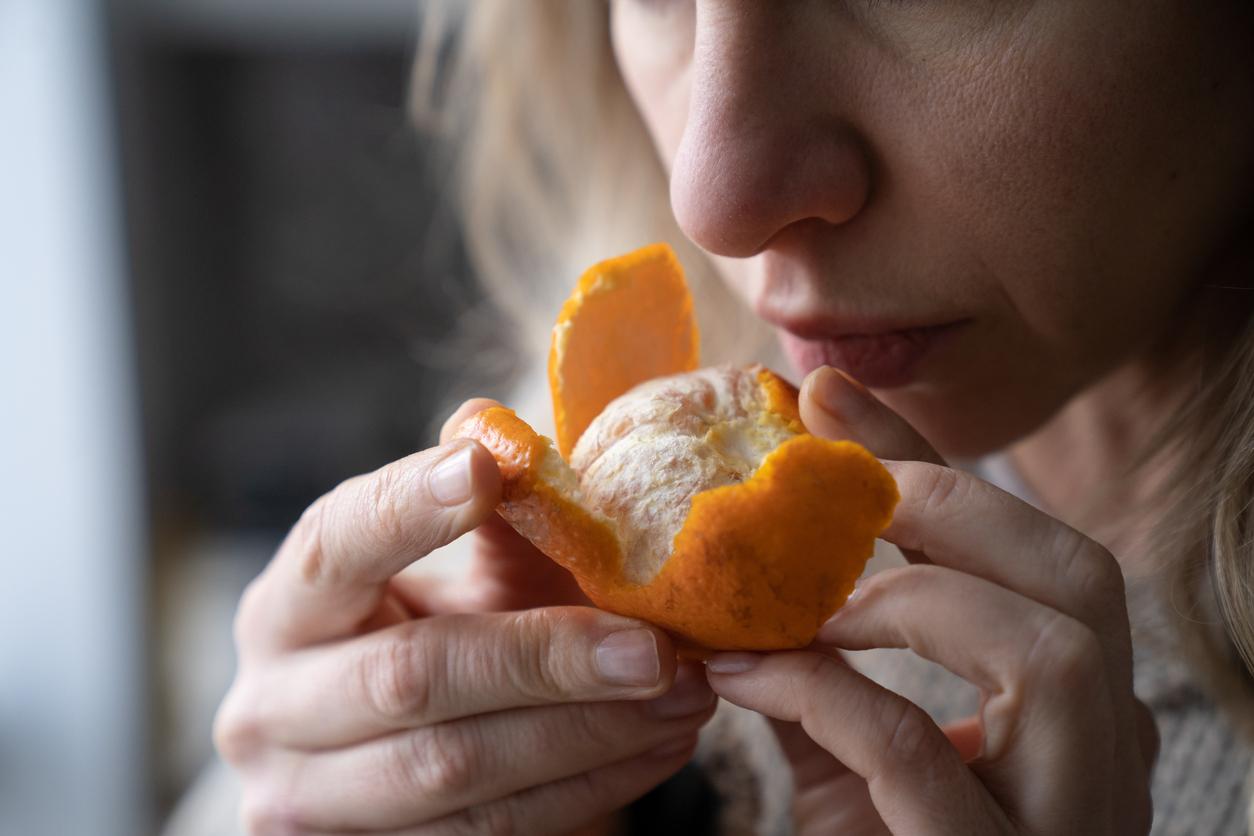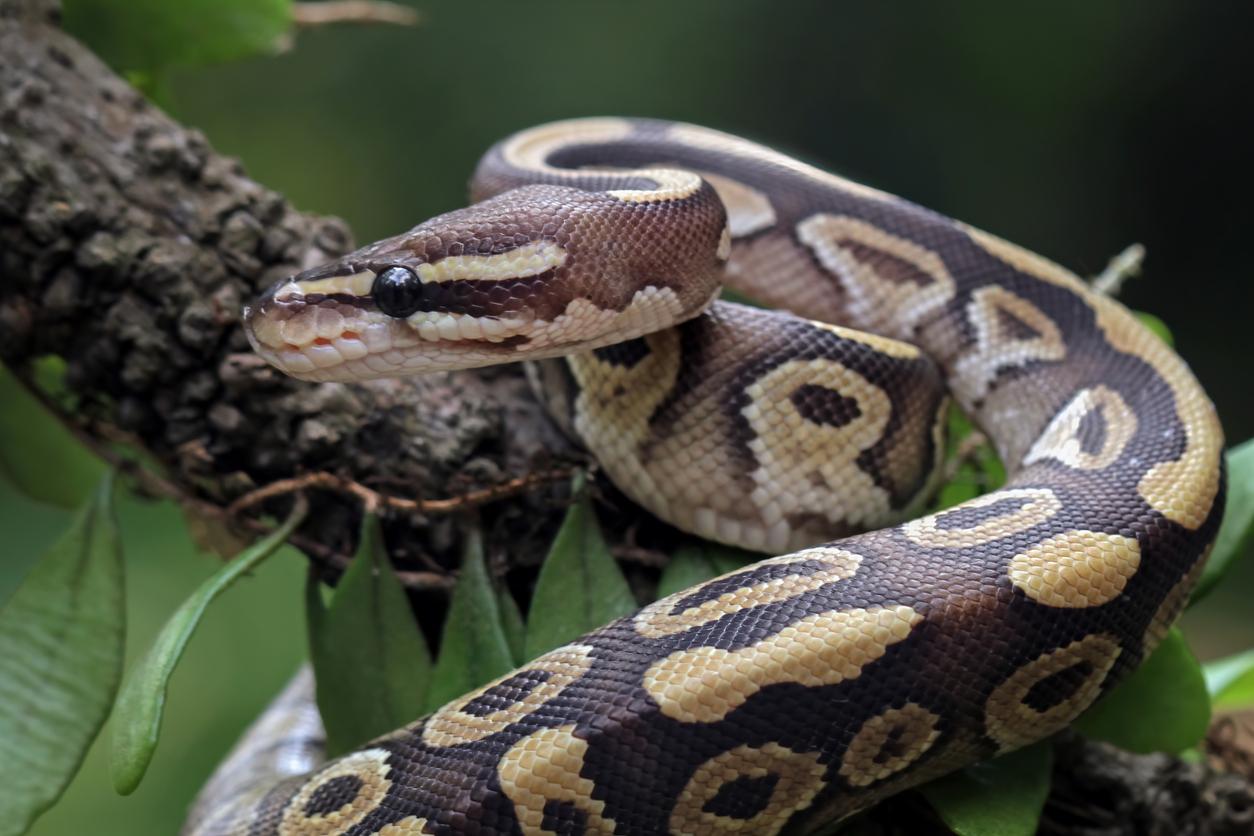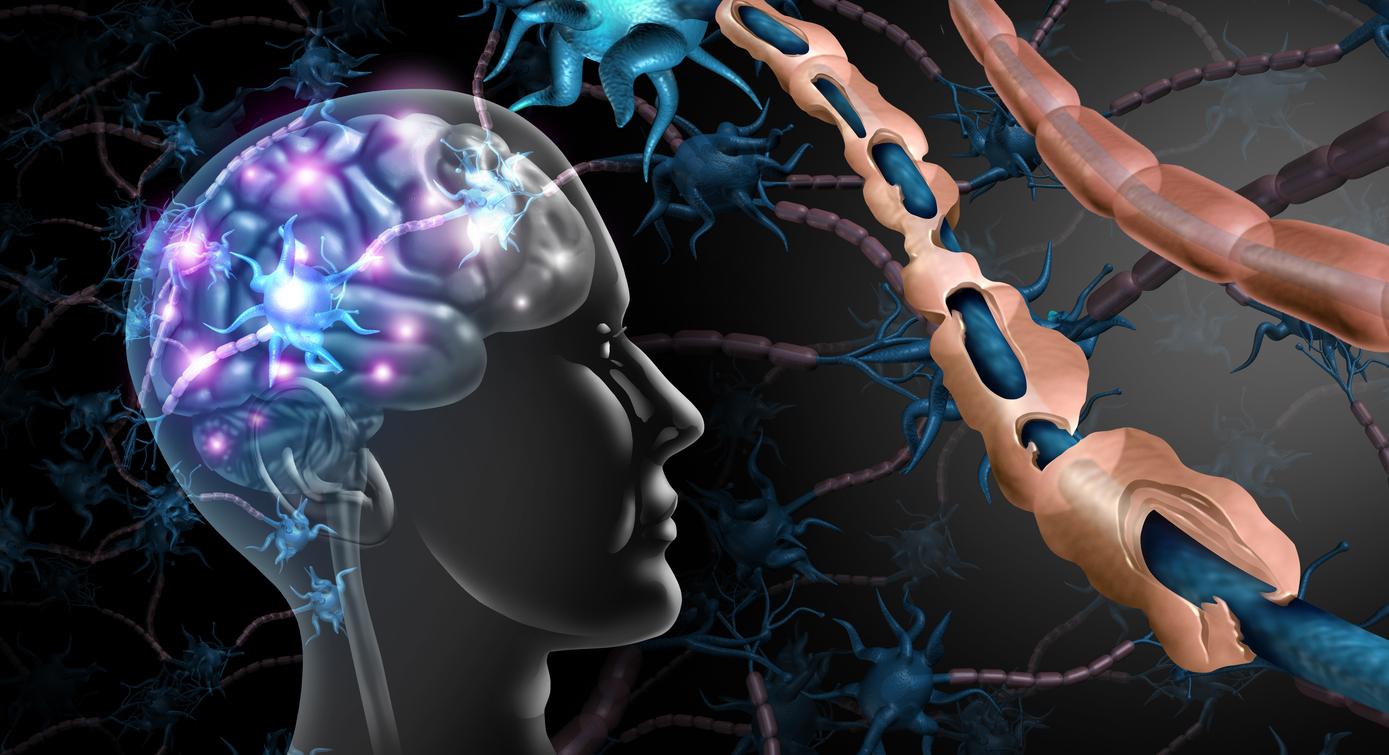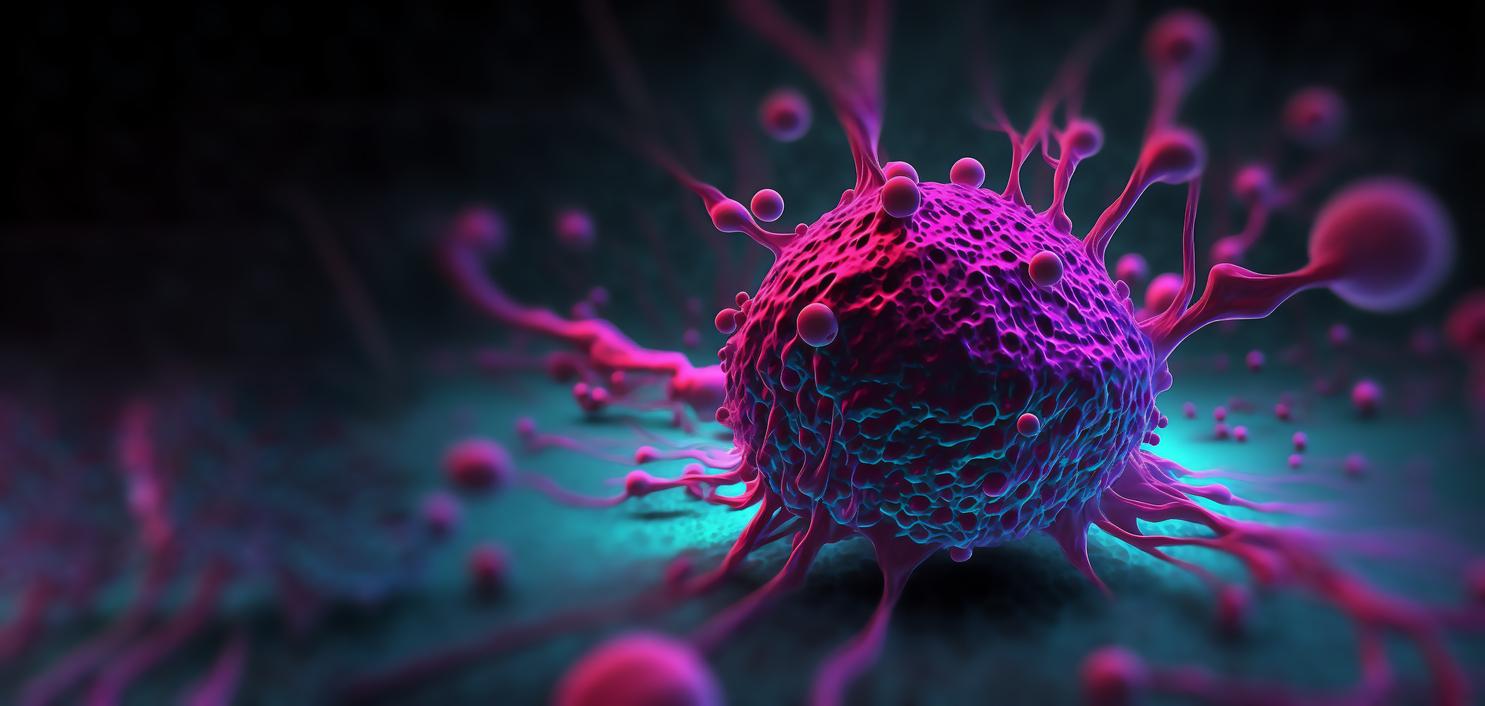Despite therapy and remissions, it happens that alcoholics relapse. Scientists are looking for an effective way to rid them of this disorder. And explore avenues, that of gene therapy for example, as reported in a study conducted at Oregon Health & Science University published in Nature magazine, detailed by the Wired site.
The researchers assumed that what led to drinking was the dopamine research. They said to themselves that if we found another way to bring enough dopamine to the body, alcohol may lack interest for people who are addicted to it.
They then carried out a test on macaques which they made alcoholic, before administering gene therapy to them. A gene equipped with the GDNF protein was administered to them. This last allow the brain to produce dopamine. It is also used in experiments to fight against Parkinson’s disease, as explained by the Foundation for Medical Research.
Reduced craving for alcohol
Two groups of macaques were studied, one had received gene therapy, the other had not. After eight weeks without access to alcohol, they were again exposed to the drink for four weeks, with another option: water. And this was repeated 5 times for a year. Over the course of the alcohol exposure sessions, the scientists noticed that the monkeys that had received the therapy were less and less attracted to alcohol, to the point of reduce their consumption by 90%.
Gene therapy could therefore be an option to combat this disorder, but not yet a reality…because it carries serious risks in terms of side effects for the brain, say the scientists, not to mention that it is very expensive.
Sources: Wired, Nature, Foundation for Medical Research


















